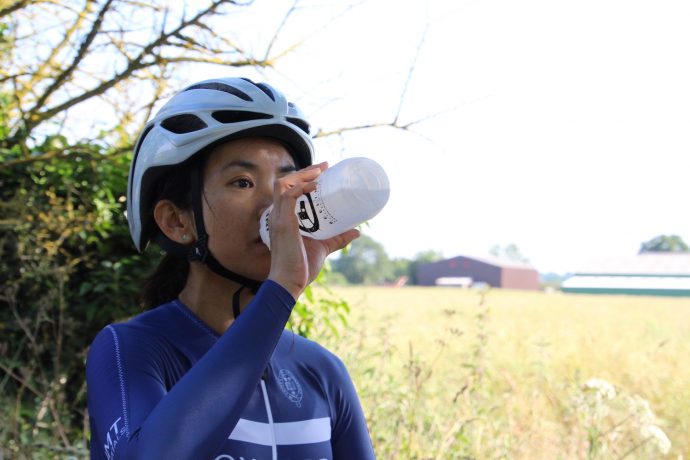Wattson Blue recognises that nutrition is a vital part of staying healthy and performing at your peak. Whilst the definition of a balanced diet is constantly changing, there a few basic principles that you should try to uphold:
- Cook and eat natural whenever you can. Avoid processed foods and cut down on the refined sugars found in cheap bread, white rice, ready meals and sweets.
- Eat plenty of fruit and veg to get all those important nutrients, but recognise that a lot of fruit can be high in sugar.
- Don’t be afraid of good fat, such as from nuts or avocados.
- In fact, many endurance athletes have developed a great ability to use fat as fuel, and low-carb, high-fat (LCHF) diets and ketogenic diets are becoming increasingly popular. You should explore that space further, but remember that adaptation can take a long time.
- Don’t worry about carb loading before tests and competitions. Just eat normally. Most amateur athletes consume enough carbs from their usual diet, if not too many!
- Stay hydrated by drinking plenty of water.
- Avoid alcohol whenever you can, particularly during periods of intense training.
- Aside from high-intensity sessions (and some would even disagree with that), you rarely need energy gels or energy drinks during training. Stick to water and natural/healthy foods, even during long sessions.
It’s important to remember that each individual requires a different nutrition plan based on their metabolic requirements, competitive goals, gender, weight and so on. As such, we would highly recommend that serious athletes speak to a sports nutritionist in order to optimise their nutrition for their individual aims. We also point you to the Olympic Committee’s report on nutrition for athletes.
Staying on top of your nutrition with Wattson Blue
Use the Wattson Blue app to record how you rate your diet on a daily basis. As you respond to more daily metrics, we will start analysing how your nutrition affects your well-being and training to enable you to make more informed decisions in the future.
You should not obsess over your diet. If you think your nutrition is affecting your performance or you are trying to lose weight, you should talk to a sports nutritionist.
Remember, we all have our good and bad days when it comes to the quality of our nutrition. As ever, don’t let a few bad days get you down – try and make long-term changes. Use the app and its feedback as motivation to manage your nutrition on the days that really matter, e.g. during periods of intense training, or during recovery weeks in preparation for important events.
All in all, you should try to find a dietary plan that allows you to perform well and still feel great!
